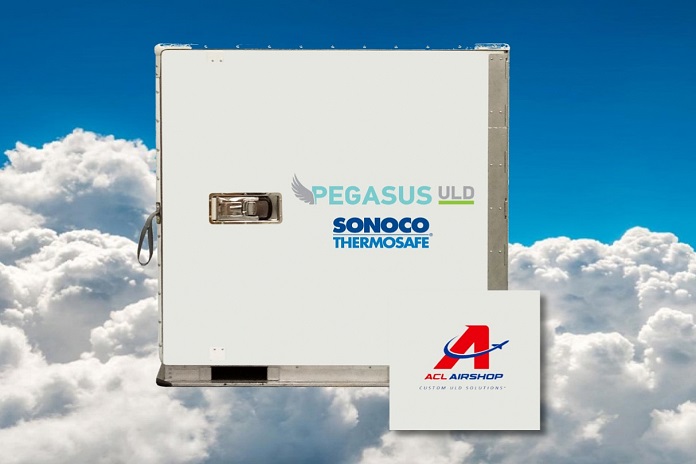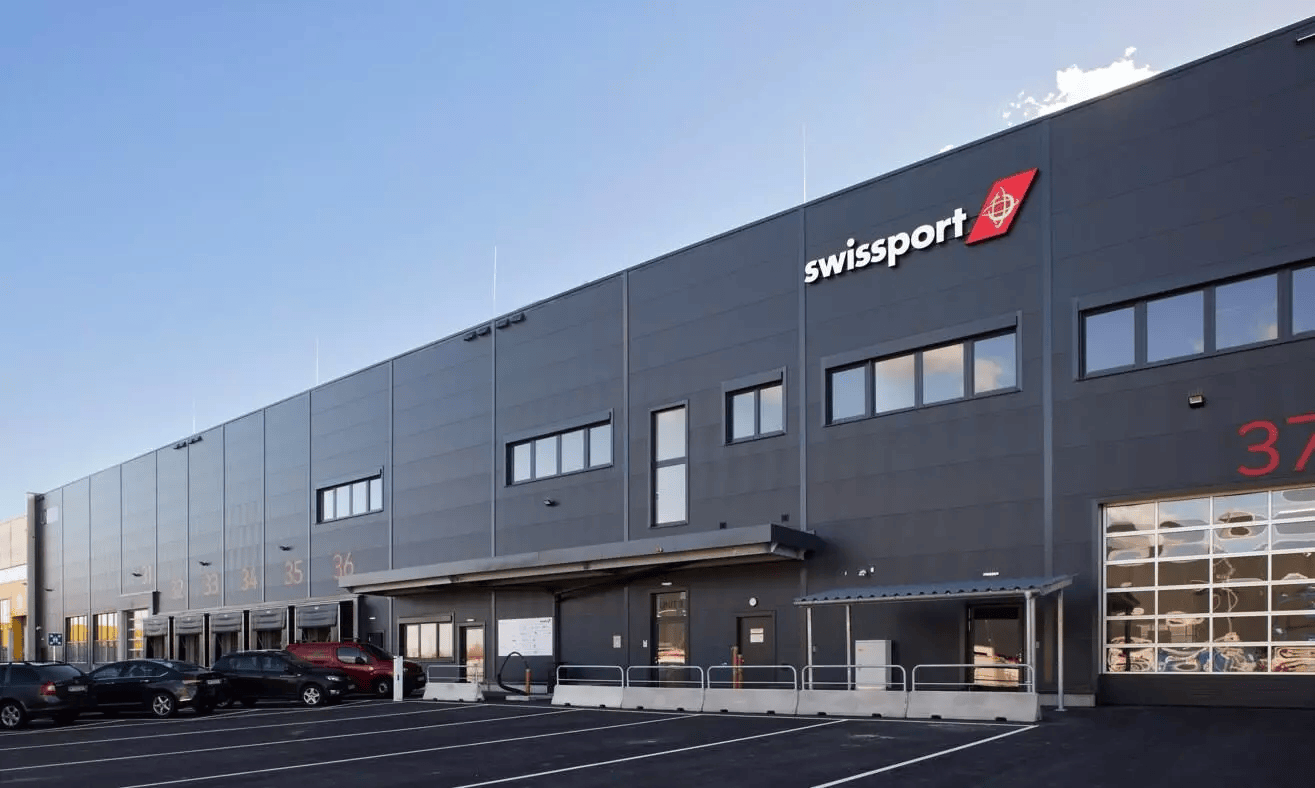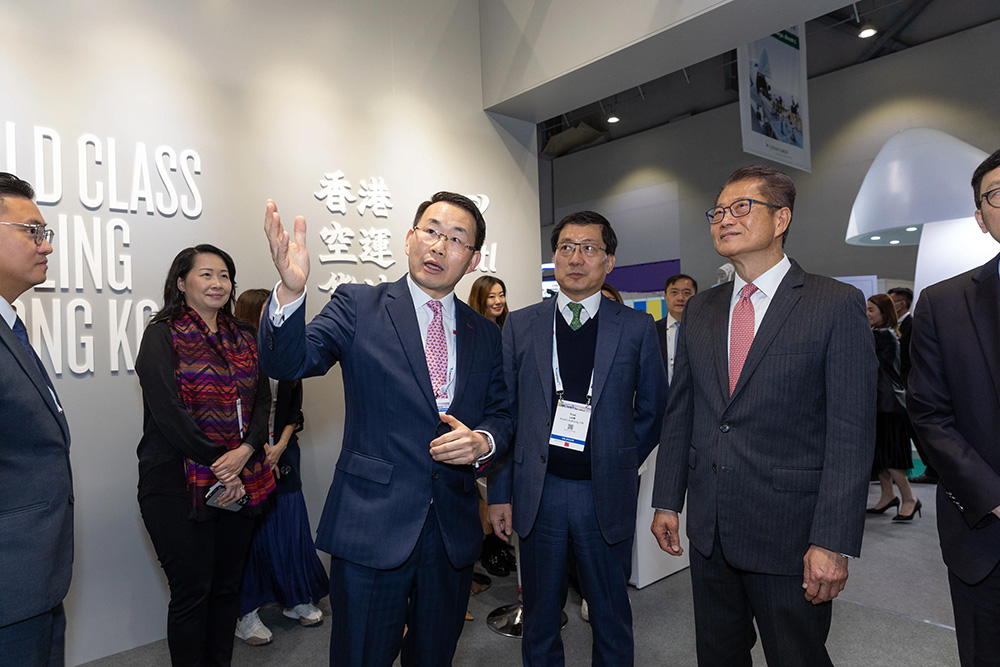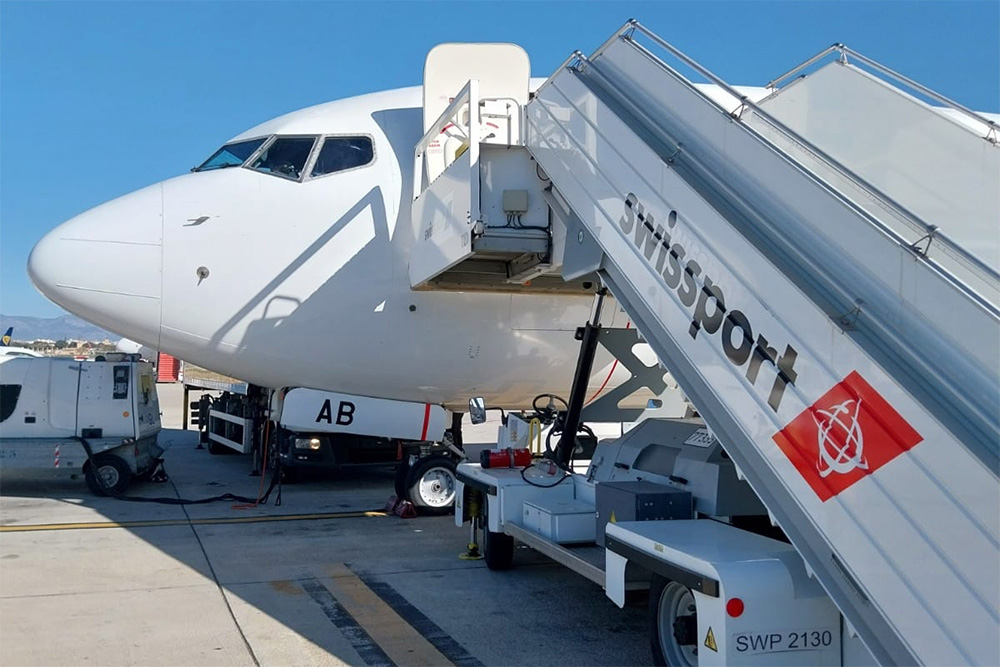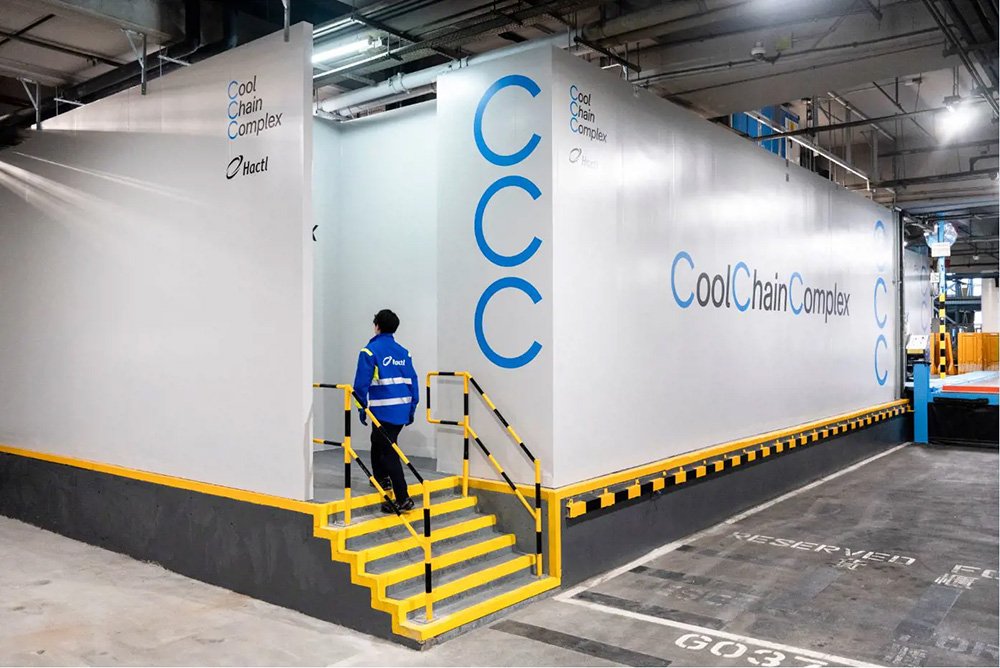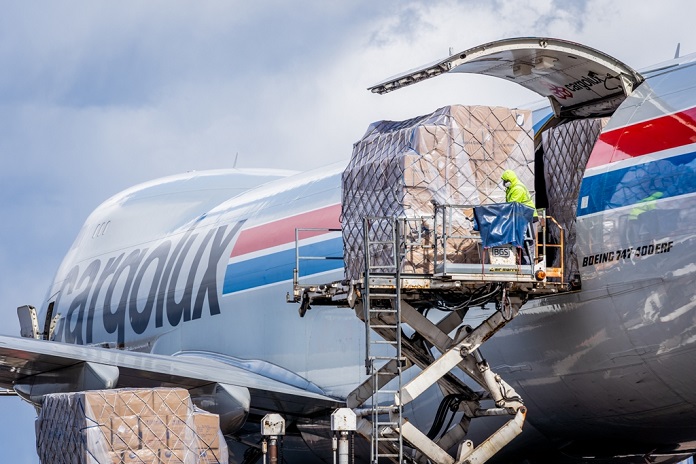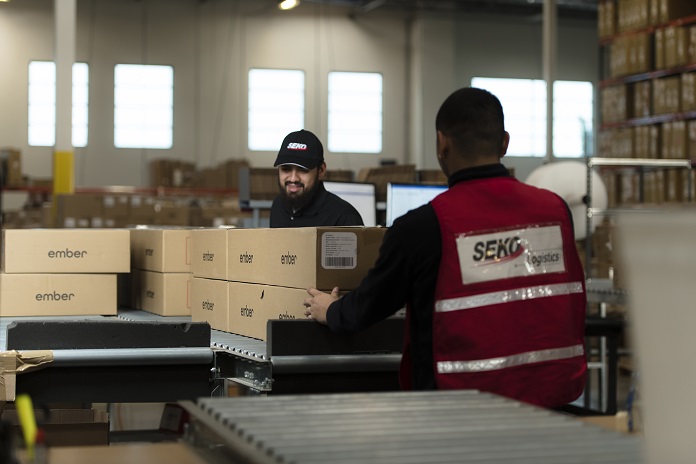Sonoco ThermoSafe, a unit of Sonoco and the leading global provider of temperature assurance packaging for life sciences and healthcare, announced that its new Pegasus ULD bulk temperature controlled container has received FAA (Federal Aviation Administration) approval as a unit load device (ULD).
The Pegasus ULD is the world’s first passive bulk temperature-controlled container for pharmaceutical use that is an FAA-approved unit load device, which allows it to speed through existing international ground handling and customs processes at the lowest possible cost. FAA approval officially enables reciprocal EASA (European Aviation Safety Agency) approval, which is anticipated in the very near future.
Engineered with composite materials, the Pegasus ULD will offer a lighter solution that is substantially more damage-resistant than traditional metal containers. Additionally, the Pegasus contains a fully integrated, FAA (Federal Aviation Administration) approved telemetry system, providing real-time, cloud-based data on payload and ambient temperature and key environmental factors, precisely synchronized with GPS location.
To create the Pegasus ULD, Sonoco ThermoSafe signed a long-term exclusive development and manufacturing agreement with AEROTUF, a leading supplier of innovative composite ULD containers. The partnership combines ThermoSafe’s expertise in thermal engineering and pharmaceutical logistics with AEROTUF’s materials science and aeronautical engineering capabilities. The first Pegasus ULD will be the AKP size, which fits a full US pallet and shares the same footprint of the AKE size without the imbalanced overhang section which accounts for over 80 percent of transit damage in AKE/RKN containers.
“FAA approval of our new Pegasus ULD is an important milestone and puts us another step closer to our launch date for the rental program,” said Ron Haub, segment director for Sonoco ThermoSafe.“This approval accelerates the adoption of the Pegasus ULD across the worldwide air freight marketplace during the world’s most dire need for distribution of temperature-sensitive vaccines, treatments, and therapies,” he added.

